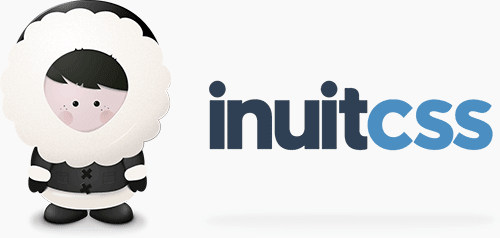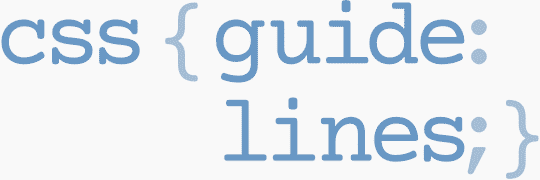By Harry Roberts
Harry Roberts is an independent consultant web performance engineer. He helps companies of all shapes and sizes find and fix site speed issues.
Written by Harry Roberts on CSS Wizardry.
N.B. All code can now be licensed under the permissive MIT license. Read more about licensing CSS Wizardry code samples…
Since founding csswizardry.com in 2007, I’ve shared hundreds of
articles, tips, tricks, techniques, snippets, and more—all for
free. These have ranged from simple one-liners to concepts that have shaped
the way thousands of developers approach their work.
This freemium model has been the cornerstone of my consultancy business for the last 11 years, and as someone who learned to code from freely available resources, I’m deeply committed to keeping this knowledge accessible to everyone.
While it’s incredibly rewarding to spot code inspired by my work across the web,
it can be disheartening to see it used without any attribution or credit. With
this decision, I aim to maintain the free and open spirit of csswizardry.com
while ensuring a small nod of recognition in return.
Over the years, conscientious developers and organisations have occasionally reached out to ask if they can use my code in commercial settings. My answer has always been an informal yes!
However, I feel it’s time to provide more structure and clarity. From now on,
everything shared on csswizardry.com—unless stated otherwise—is covered by the
MIT License.
This move isn’t about restricting or limiting usage. Instead, it formalises my commitment to sharing my work freely while making it clear to commercial organisations that they’re welcome to use it in for-profit ventures without worrying about licensing fees or compliance issues.
In return, all I ask for is appropriate credit. I think that’s fair.
I chose the MIT License because it’s one of the most permissive and widely used licenses available. It allows you to use, modify, and reproduce my work freely, whether for personal or commercial purposes.
At the same time, it protects me by absolving any liability for how the content is used. It’s a win-win.
The MIT License is already a familiar standard in the open-source world, so the chances are you or your company have used work under this license before. It’s simple, clear, and works perfectly for my goals.
Here are answers to common or expected questions about using my code under the MIT License.
No, you don’t need to pay to use any of the code shared on csswizardry.com. My content is licensed under the MIT License, which allows free use for both personal and commercial purposes.
No, there’s no need to apply or seek permission. The MIT License already grants you the right to use, modify, and distribute the code as long as you meet its conditions, which primarily involve proper attribution.
You’re not required to inform me, but I’d love to hear about it! It’s always rewarding to see how my work is being used, so feel free to drop me a line if you’d like to share what you’ve built.
If you don’t comply with the MIT License (e.g. by failing to include attribution), you’re in breach of the license. This means you lose the rights granted by it, and technically, your use of the code would be unauthorised.
I’d prefer to resolve issues amicably, so if there’s a misunderstanding, I’d encourage you to reach out so we can work things out.
Yes, you’re free to use my code in commercial projects. The MIT License permits this, and there are no hidden fees or obligations beyond proper attribution.
Proper attribution involves giving credit to the original source of the code. Typically, this means including a copy of the license and copyright notice in your repository and a comment in your code.
Yes, the MIT License allows you to modify my code to suit your needs. Even if you make changes, you still need to include attribution to the original source.
Not necessarily. While I’m happy to see my code being used, using it doesn’t imply my endorsement of your project.
If you’re aware of someone misusing my code, feel free to let me know. However, enforcement is ultimately my responsibility, and I’ll handle it as needed.
You can read the full text of the MIT License or read the License page of this site.
I’d love to help! Feel free to get in touch with me.
N.B. All code can now be licensed under the permissive MIT license. Read more about licensing CSS Wizardry code samples…
Harry Roberts is an independent consultant web performance engineer. He helps companies of all shapes and sizes find and fix site speed issues.

Hi there, I’m Harry Roberts. I am an award-winning Consultant Web Performance Engineer, designer, developer, writer, and speaker from the UK. I write, Tweet, speak, and share code about measuring and improving site-speed. You should hire me.
You can now find me on Mastodon.


I help teams achieve class-leading web performance, providing consultancy, guidance, and hands-on expertise.
I specialise in tackling complex, large-scale projects where speed, scalability, and reliability are critical to success.